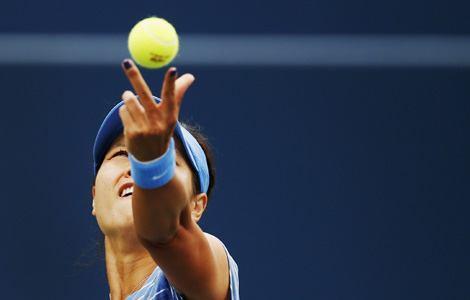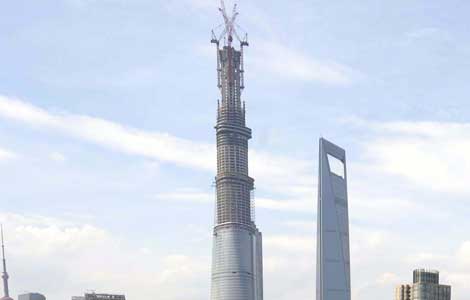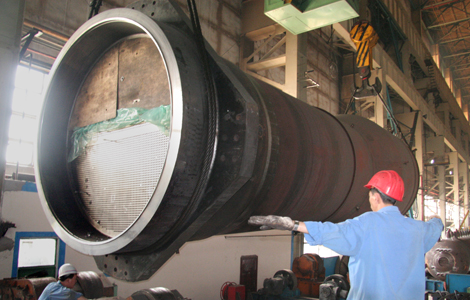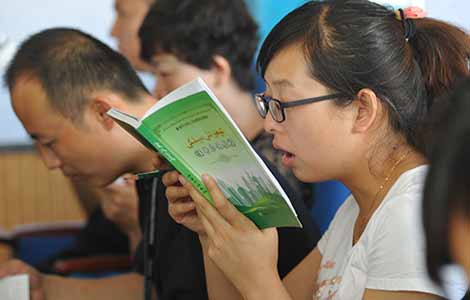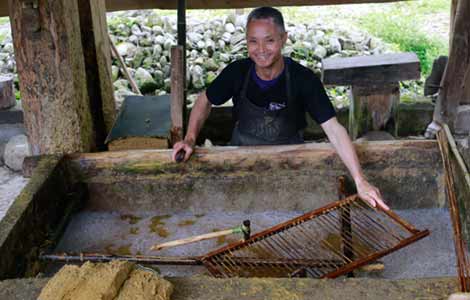China continues polysilicon, wine trade probes
Updated: 2013-08-08 06:38
By Li Jiabao (China Daily)
|
||||||||
China is still proceeding with its anti-dumping and anti-subsidy probes into polysilicon and wine imports from the European Union, a trade official said on Wednesday.
Experts said that trade frictions between the two sides will keep emerging despite the recent settlement of the headline-grabbing solar panel case.
"As for China's investigations into the polysilicon and wine imported from the EU, the investigation procedures are still ongoing and the ministry will make decisions according to the related laws," Shen Danyang, the spokesman for the Ministry of Commerce, said at a news conference in Beijing.
"Meanwhile, we are willing to see industrial representatives from both sides to reach better resolutions through dialogue and consultation," Shen said.
Sang Baichuan, director of the Institute of International Business at the University of International Business and Economics in Beijing, said "the government may not impose punitive duties on the imports in the end".
"Imports of polysilicon and wine increased rapidly in recent years and damaged domestic industries, and even jobs at home," Sang said. "But the government has been restrained in launching trade-remedy investigations in consideration of the struggling global economic recovery, especially in the EU."
China launched the anti-dumping and anti-subsidy probes into solar-grade polysilicon - a key component in solar panels - from the United States and South Korea on July 20, 2012, and the EU was included in the case on Nov 1, 2012. In a preliminary ruling on July 18, the ministry imposed provisional anti-dumping duties as high as 57 percent on the products from the US and South Korea.
The anti-dumping and anti-subsidy probes into wine imported from the EU were launched on June 5 while the EU, on June 4, decided to impose provisional anti-dumping duties of 11.8 percent on imports of solar products from China until Aug 6. After that, the duties would have been raised to 47.6 percent if the two sides had not been able to sort out the dispute through talks.
The European Commission, the EU's executive arm, recently approved a negotiated settlement with China that sets a minimum price and a volume limit on EU imports of Chinese solar panels through 2015.
The polysilicon and wine probes were widely seen as counter measures by the Commerce Ministry in response to the EU's solar panel investigation, which could endanger Chinese exports valued at about $20 billion a year and more than 400,000 jobs at home.
The settlement of the solar panel case greatly eased the abuse of trade protectionism measures and helped improve the China-EU trade environment, Sang said.
However, other observers have a more pessimistic view.
"I'm not optimistic about the future and trade frictions from the EU will keep emerging in view of the huge trade volume between the two economies and the continuous debt trouble in the 28-country bloc," said Chen Xin, director of the Institute of European Studies at the Chinese Academy of Social Sciences.
The EU is China's largest trade partner, while for the bloc, China is second only to the US. China-EU trade reached $546 billion in 2012, according to China's General Administration of Customs.
"China is not afraid of trade frictions coming from the EU and we have our counter-measures," said Cui Hongjian, director of European studies at the China Institute of International Studies.
China's polysilicon probe highlighted the industrial integration between the two sides, though the export value was not as big as that in the EU's investigation of Chinese solar panels, he added.
From 2009 to 2012, China's wine imports from the EU rose 59.83 percent annually to 257,000 kilolitres, which were worth $1.04 billion, according to the ministry.
Most Viewed
Editor's Picks

|

|

|

|

|

|
Today's Top News
China's innovation prowess looms large
US, EU concerned about stalemate in Egypt
EU to continue anti-subsidy solar probe
Nation poised to import more GMO products
Illegal Shanghai stay costs foreigner 10,000 yuan
China to be leading business travel market
Cards make paying global tuition easier
Probes not targeting foreign brands
US Weekly

|

|
